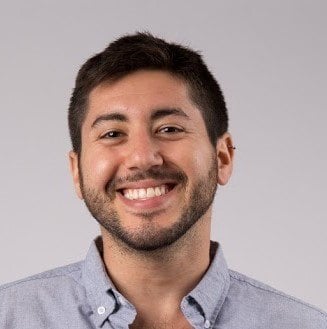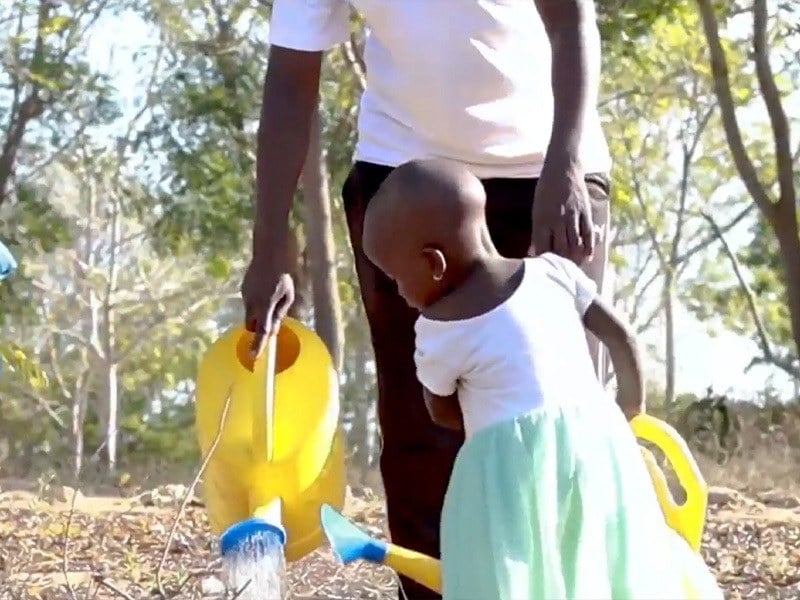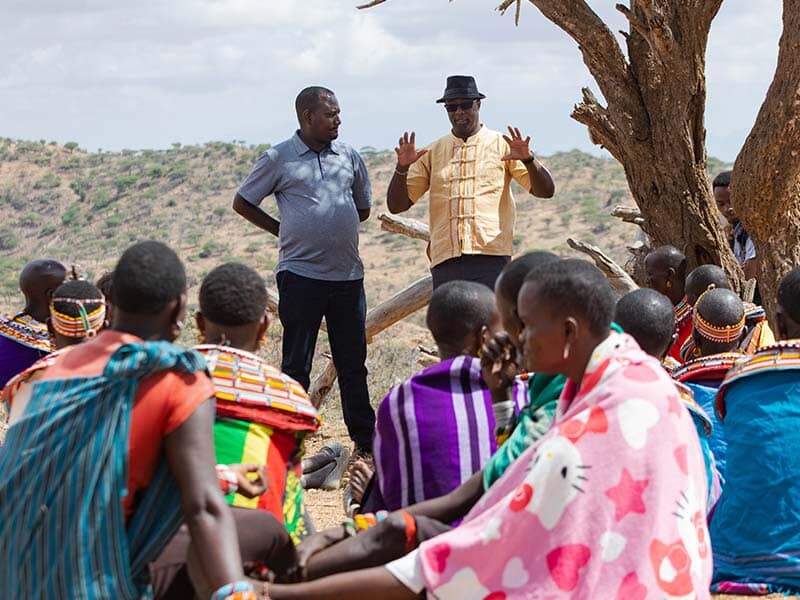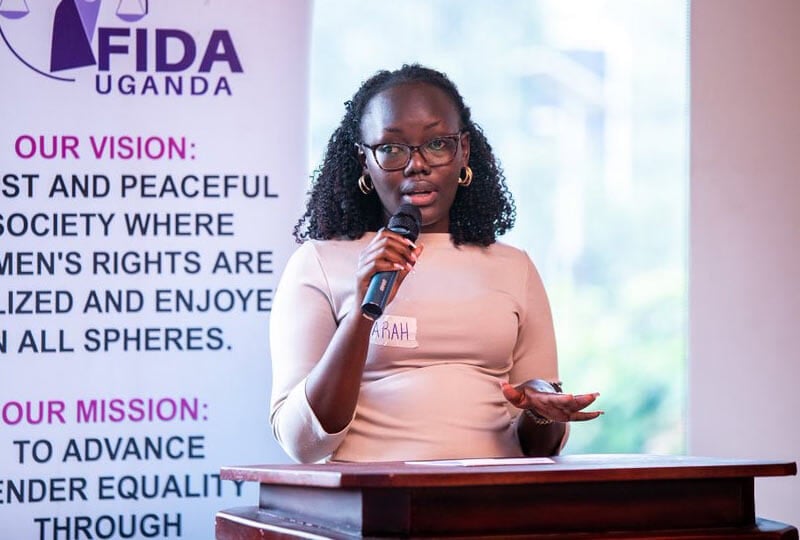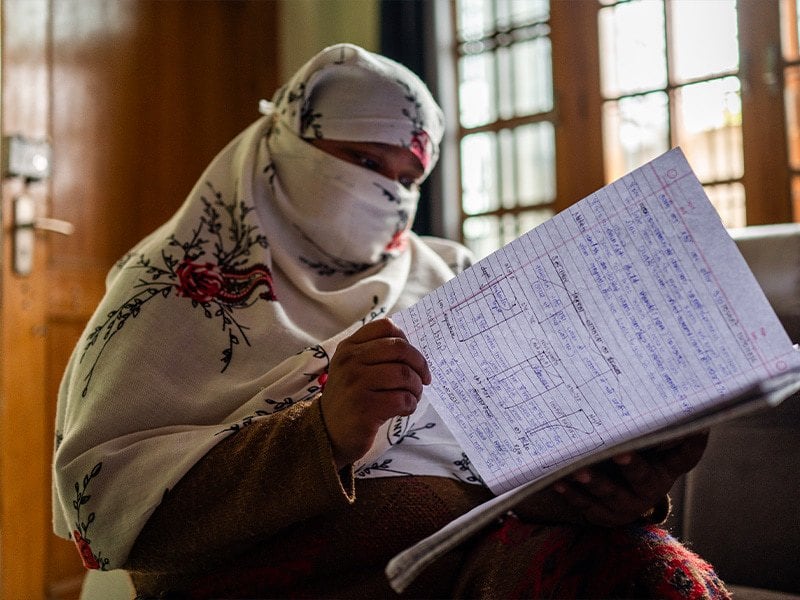Methawee Pannon (Sai) grew up in Khon Kaen, Thailand, understanding exactly what was expected of her. Outside of Thailand’s metropolitan, progressive capital of Bangkok, traditional, conservative gender values can be completely destabilizing for queer people, especially in rural regions like northeastern Isaan.
“Women are meant to be the pride and joy of our parents and then raise families of our own. That’s what a good woman does,” she says now, at 25.
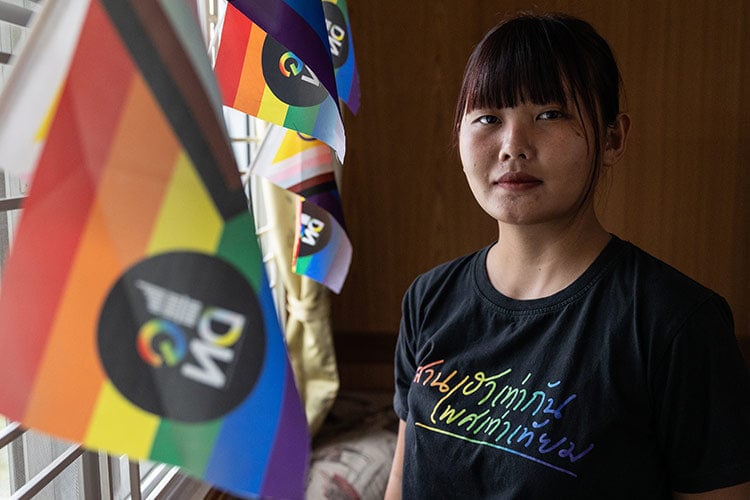
But Sai always knew she didn’t fit the mold. As a child, she excelled in school and became a fierce competitor in Thailand’s national Scrabble competition, ranking third in her age group. Not only did her intelligence other her within her family and community, so did her sexual identity and gender expression.
“I was made to feel like an incomplete daughter. Like being so successful somehow made me deficient. My mother considered herself cursed to have kids unfit for the gender they were born into. She cried: my son has become a girl, and now my girl is going to become a boy,” she says, referencing her older sister, who is transgender, and her own identity as a lesbian. “But I asked myself: Am I going to live for myself, or live for my parents?
In university, Sai joined LGBTQI+ student groups, which eventually led her to AJWS grantee partner Isaan Gender Diversity Network (IGDN). She began to volunteer with the nascent IGDN, and today serves as the organization’s financial officer — transforming rapidly into a leader.
“[Through IGDN], I began to see clearly that my childhood experience was one of oppression,” she says. “I’d internalized it. Normalized it. And I vowed: I’ll never normalize this ever again.”
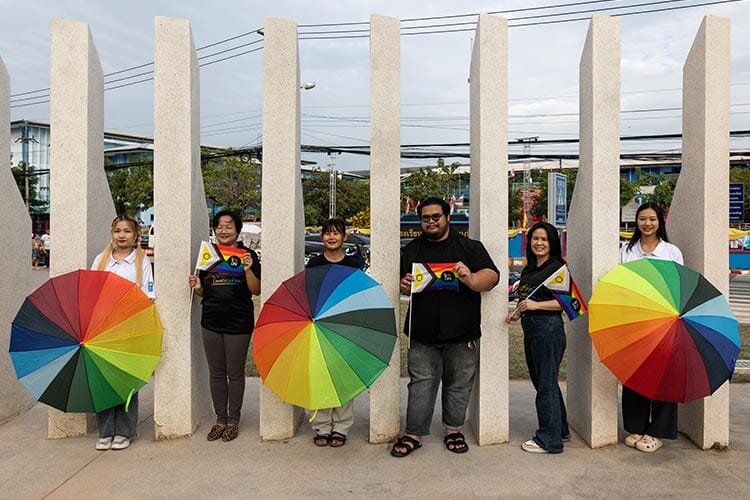
IGDN was founded in 2021 by a coalition of longtime local queer activists and allies; AJWS was one of the organization’s very first funders, helping them secure an office space, strategize and plan how to chip away at Isaan’s deeply ingrained, patriarchal norms. Increasing the visibility of queer people in Isaan is a top priority, and the annual Pride parade in Isaan’s central city of Khon Kaen has been critical.
“When people see the flags, the colors, they start to ask: what’s going on here? We’re not a secret anymore. When people recognize our existence, change is happening in that moment,” says IGDN president Cheera Thongkrajai. “Maybe you’ve seen a picture of an elephant, but it’s not real until you see one walking down the street.”
In a few short years, Sai has grown more confident in her identity – and the need to break down the negative stigmas that oppress so many LGBTQI+ youth in Thailand. IGDN’s flagship program, their Isaan Youth Leader Capacity Development Project for Democracy and Gender Equality (ICYL), trains LGBTQI+ students to run their own in-school workshops and programs about gender equality and sexual and gender identities.
“At IGDN, I’m part of something bigger than me. This work is building a society with more empathy, where there are no LGBTQI+ people living in fear. I want a Thailand that supports our community: no bullying, no pushing us into this binary. We’re done with patriarchy.”
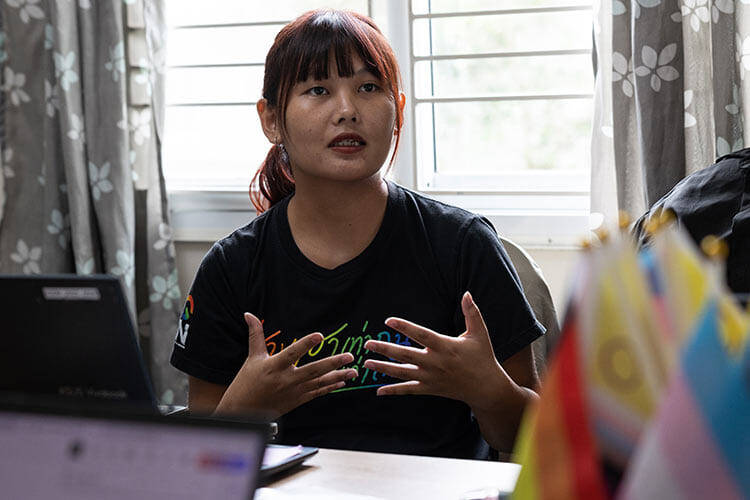
Though the fight for LGBTQI+ rights reached a national milestone victory in 2024 when the country legalized marriage equality — the result of decades of unrelenting activism and advocacy — the IGDN team knows the journey to full equality and human rights continues.
“Even if we can marry legally, there’s still far to go before society will accept us. Tradition doesn’t follow the law,” she says. And so, for now, “I want to tell younger LGBTQI+ people: You’re going to be ok. Take your time. Don’t live under the weight of expectations your whole life. And love yourself as much as you can.”

